EU approves Microsoft's browser ballot plan
The European Commission is to market test Microsoft's browser ballot in the hopes it encourages competition.
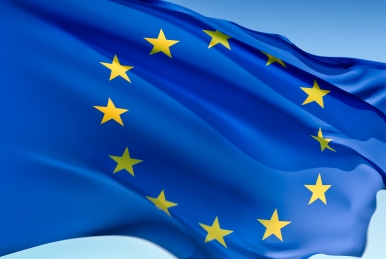

The European Commission has said Microsoft's plans to end its own dominance of the browser market are a "very satisfactory resolution".
Facing a fine from the EU, Microsoft suggested a "browser ballot" system which would see its users presented with a page advertising other browsers.
"The Commission's preliminary view is that Microsoft's commitments would indeed address our competition concerns," said Neelie Kroes, European Commissioner for Competition Policy, at a press conference.
"Microsoft's proposal in particular recognises the principle that consumers should be given a free and effective choice of web browser," she added. "It would empower all current and future users of Windows in Europe to choose which browser they wished to use. It would therefore have a direct and immediate impact on the market."
She added that the so-called browser ballot had already been informally tested over the summer. The commission asked Microsoft for a few changes, which the software giant has since delivered.
In her speech, Kroes unveiled a few more details about the browser ballot plan. It will be in place for five years and promote the 12 most widely used web browsers for Windows systems, based on their use in EU countries.
She added that PC manufacturers will also be able to set competing web browsers as the default on future Windows-based machines - including those running Windows 7 - and disable IE, without facing discrimination from Microsoft.
Get the ITPro daily newsletter
Sign up today and you will receive a free copy of our Future Focus 2025 report - the leading guidance on AI, cybersecurity and other IT challenges as per 700+ senior executives
Kroes noted that the commission retains the right to tweak the system in the future.
Starting today, the commission will be asking for feedback on the browser ballot system. If it's approved, it will roll out within two months, she added.
In a statement, Microsoft's General Counsel Brad Smith said: "We welcome today's announcement by the European Commission to move forward with formal market testing of Microsoft's proposal relating to web browser choice in Europe."
He also unveiled changes to a proposal to promote interoperability in products like Windows, Office and more. Smith said the firm would "adopt suggestions from competitors to strengthen Microsoft's obligations to publish documentation about the company's interoperability technology."
Freelance journalist Nicole Kobie first started writing for ITPro in 2007, with bylines in New Scientist, Wired, PC Pro and many more.
Nicole the author of a book about the history of technology, The Long History of the Future.
-
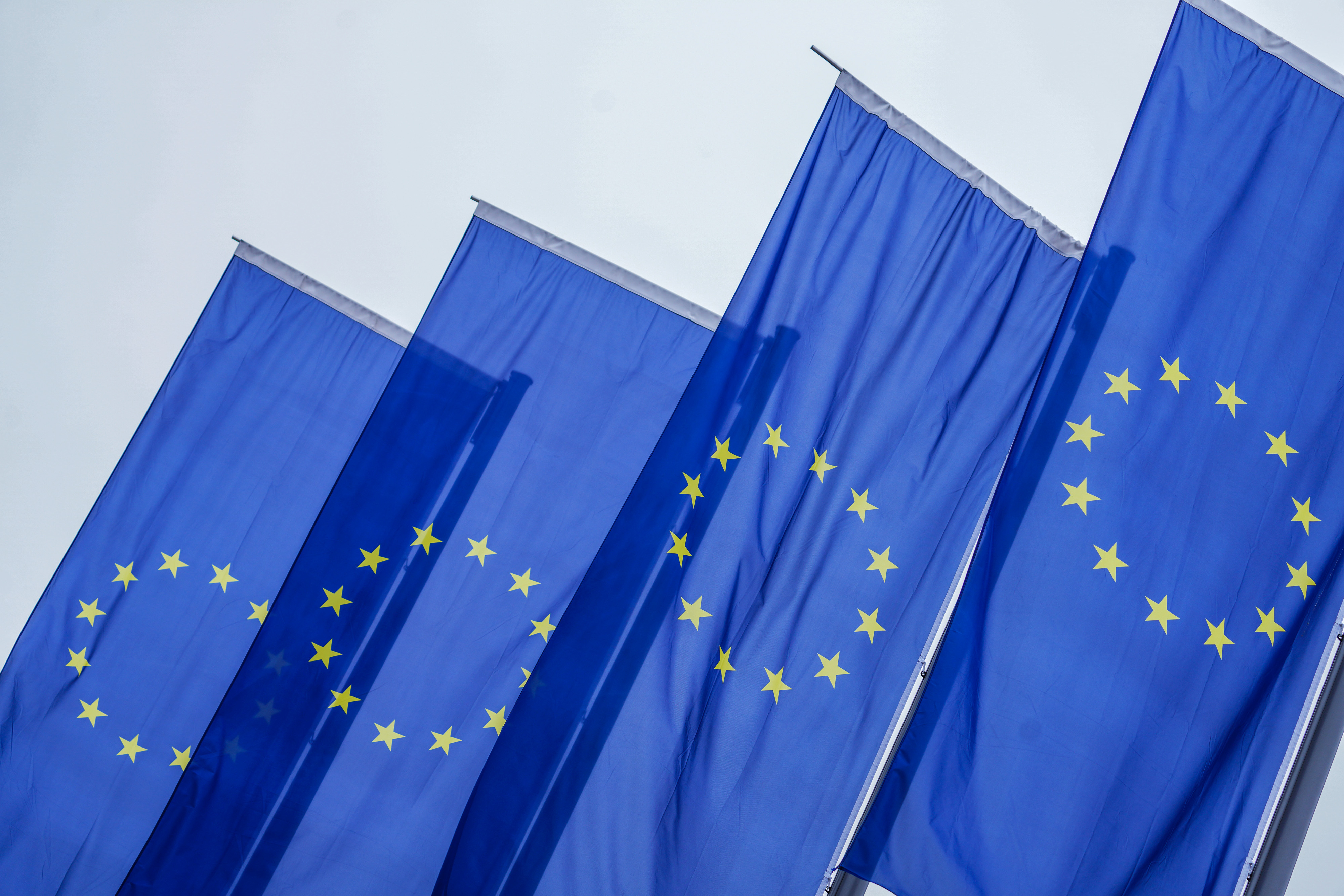 Open source advocates "cautiously optimistic" about Cyber Resilience Act after industry pushback prompts changes
Open source advocates "cautiously optimistic" about Cyber Resilience Act after industry pushback prompts changesNews Amendments to the Cyber Resilience Act in December curtailed the potential impact on open source developers in the region, an industry body has said
By Solomon Klappholz
-
 Reprieve for open source industry as agreement reached on Cyber Resilience Act
Reprieve for open source industry as agreement reached on Cyber Resilience ActNews The Cyber Resilience Act has been maligned by open source advocates across Europe
By Ross Kelly
-
 What's the EU's problem with open source?
What's the EU's problem with open source?Analysis The open source community has raised concerns about a raft of new regulatory changes in the EU in recent months
By Ross Kelly
-
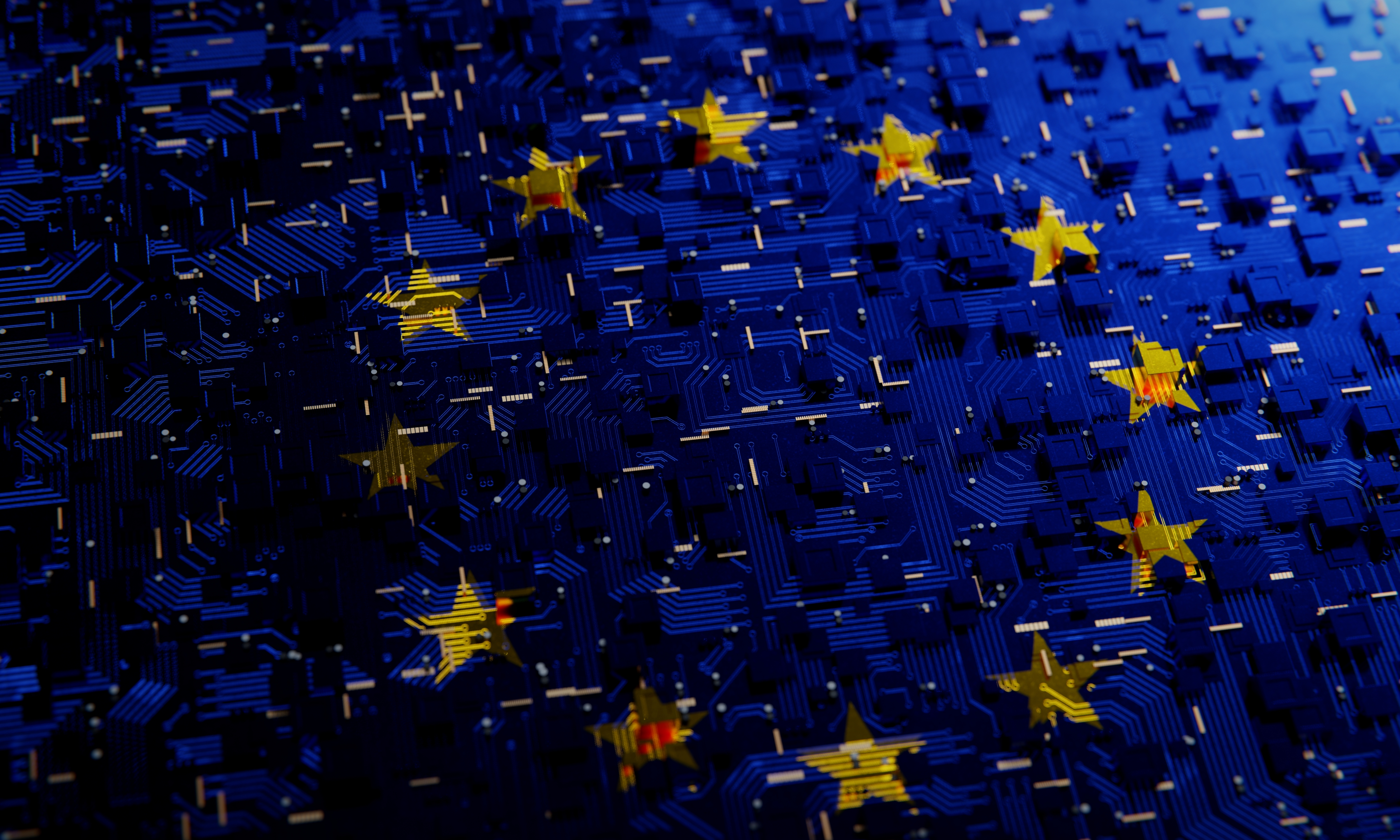 EU Cyber Resilience Act a ‘death knell’ for open source software, critics warn
EU Cyber Resilience Act a ‘death knell’ for open source software, critics warnNews Critics of the act claim that requirements for open source software usage could severely impact the community
By Ross Kelly
-
 Swedish privacy concerns result in fines over Google Analytics
Swedish privacy concerns result in fines over Google AnalyticsNews Swedish privacy authority ordered companies to stop using the ubiquitous web traffic analysis tool, in line with recent EU rulings
By Richard Speed
-
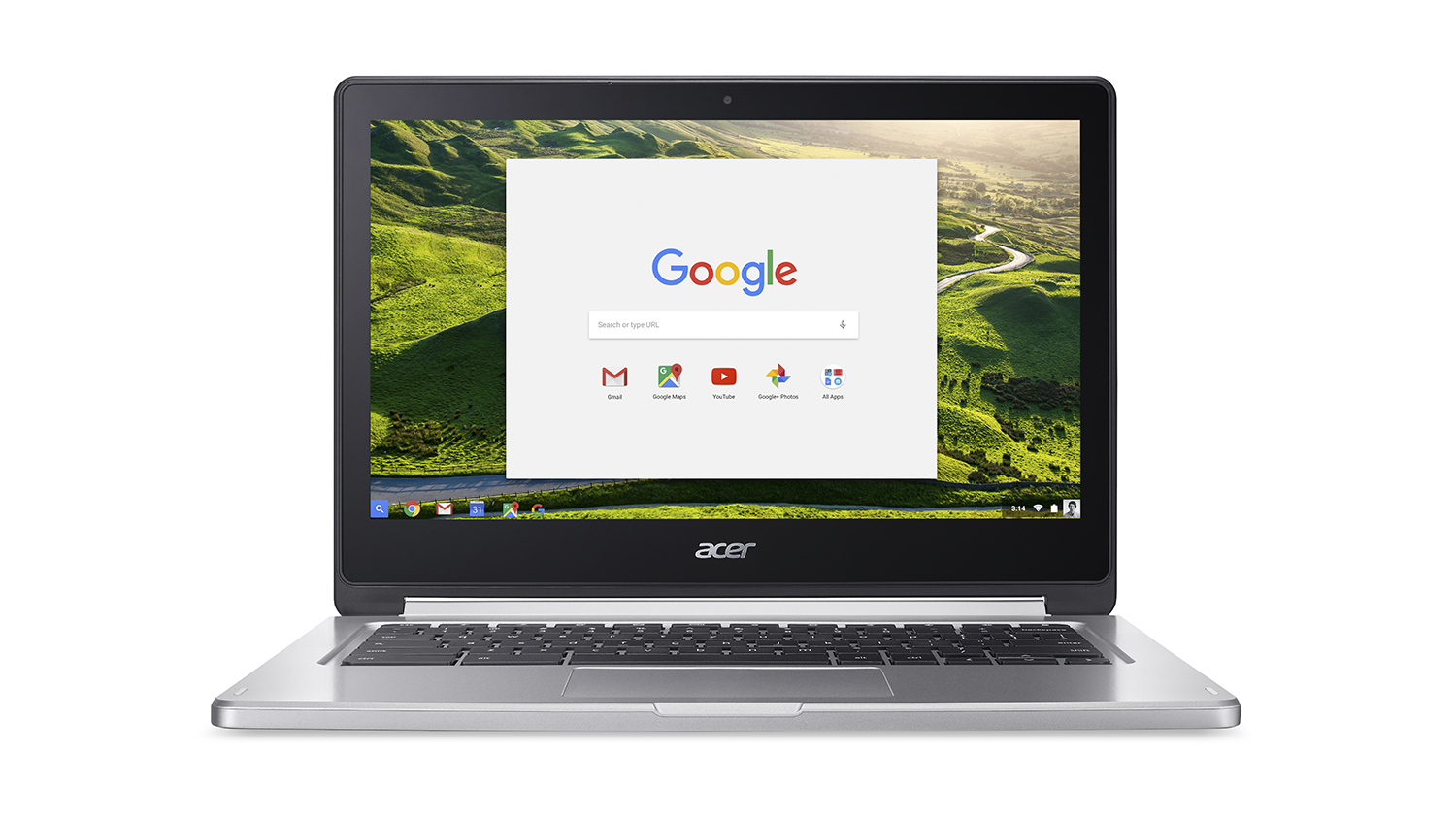 Researcher says criticising Google cost him his job
Researcher says criticising Google cost him his jobNews Barry Lynn sets up new group to address platform monopolies after being pushed out at Google-funded New America
By Nicole Kobie
-
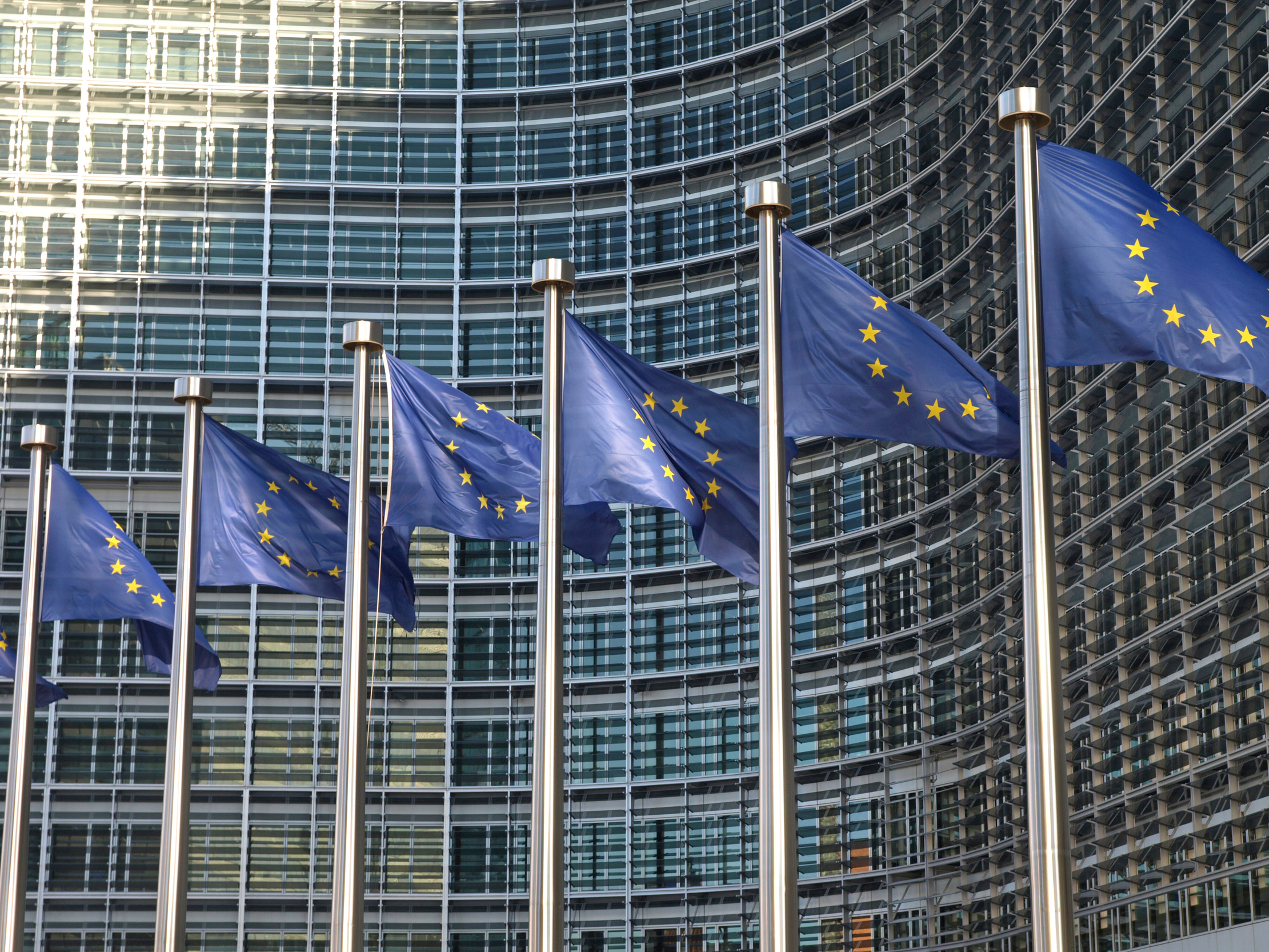 £130 million Google-UK tax deal could be squashed by EU
£130 million Google-UK tax deal could be squashed by EUNews SNP and Labor question terms of perceived low-rate deal
By Jane McCallion
-
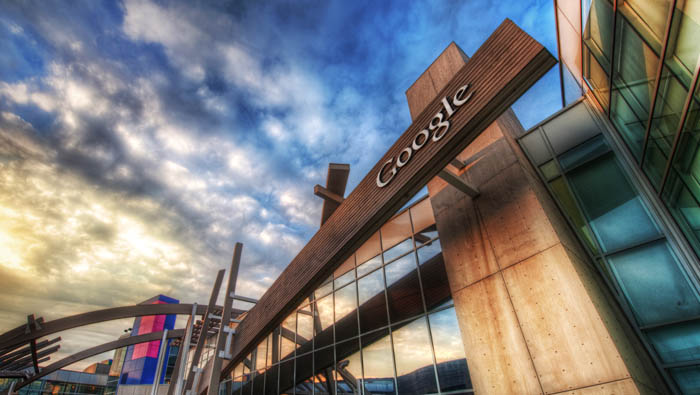 Google blames search “monopoly” on bug
Google blames search “monopoly” on bugNews Glitch was responsible for Yelp and TripAdvisor getting buried in search results, claims search engine giant
By Rene Millman

